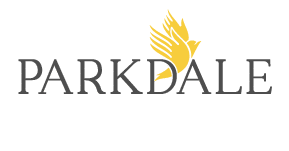On Sunday mornings, Parkdale’s patients wake up early, strap on their boots, and head to the Reins of Life horse farm to volunteer. Why? What do they do there? What are the benefits of volunteer work in early recovery?
What is Reins of Life?
Reins of Life is a unique local non-profit dedicated to “improving the quality of life for children and adults with disabilities through equine-assisted therapy.” Since 1978, Reins of Life has provided a variety of activities from horseback riding, animal care, carriage rides, events, and more for people with disabilities. These activities are research-proven to provide physical and occupational therapy and also help with mental and emotional health. According to Dorota Janek, Executive Director, Reins of Life currently serves approximately 370 people per month, and they run two barns in South Bend and Michigan City, IN, with only 14 staff members. They rely very heavily on the more than 400 volunteers who help keep Reins of Life running smoothly.
Parkdale Center’s patients spend their Sunday mornings helping out at the Michigan City barn, under the direction of a seasoned volunteer. They perform a variety of maintenance tasks including painting, helping with hay deliveries, beautification work, cleaning carriages, feeding the horses, and other handy jobs. It’s hard work, but their contributions are much appreciated.
How Does Volunteering Help SUD Patients?
According to Parkdale Center’s CEO Rodrigo Garcia, our Volunteer Program is beneficial for patients in three ways. Volunteerism is a basic tenet of recovery, it provides benefits for the body and mind, and it allows for personal development.
In early recovery, many patients are suffering with depression, anxiety, and shame. Volunteering can pull us out of this bubble of sadness. People in recovery are urged to “reach back” and “pull others up.” Giving of oneself teaches us to focus less on our own troubles as we help others succeed.
Volunteerism also offers medical benefits. In addition to the exercise, helping others releases dopamine, which produces feelings of satisfaction and reinforces positive behaviors. Additionally, working with animals helps relieve anxiety and fights depression.
Volunteerism can also provide a sense of purpose, which many in early recovery are searching for. Volunteering helps patients keep their lives in perspective even when they feel lost. It gives them a chance to see that beyond their personal struggles, there are always others who can use their help. According to Helpguide.org, a nonprofit guide to health and wellness, when volunteering, “You are doing good for others and the community, which provides a natural sense of accomplishment. Your role as a volunteer can also give you a sense of pride and identity. And the better you feel about yourself, the more likely you are to have a positive view of your life and future goals.”
Janek adds other benefits to volunteering at Reins of Life. As a former volunteer herself, she says that being around animals helps with self-regulation and strengthens coping mechanisms. The act of helping vulnerable people boosts self-confidence. She also says that volunteering teaches us that, “Everybody is equal. We do what we need to do, driven by our mission, with love.” She says she is grateful to Parkdale Center’s patients for their bravery and willingness to help.
An additional benefit to volunteering is making new friends and connections. According to Helpguide.org, “One of the best ways to make new friends and strengthen existing relationships is to commit to a shared activity together. Volunteering is a great way to meet new people, especially if you are new to an area. It strengthens your ties to the community and broadens your support network, exposing you to people with common interests, neighborhood resources, and fun and fulfilling activities.” Forging and strengthening relationships helps reverse the isolation which can build during active substance use and the social difficulties which accompany it.
Helping Others is a Human Concept
Many patients are surprised by how beneficial the volunteer program is to them and the community. Some local patients have even continued to volunteer at Reins of Life after their time at Parkdale Center is concluded. Others find ways to volunteer in their own communities. Garcia says, “Giving of yourself to someone else and expecting nothing in return isn’t only a recovery concept. It’s a human concept.” Rebuilding one’s life after addiction can be difficult. Volunteering is a powerful tool to facilitate that process.

